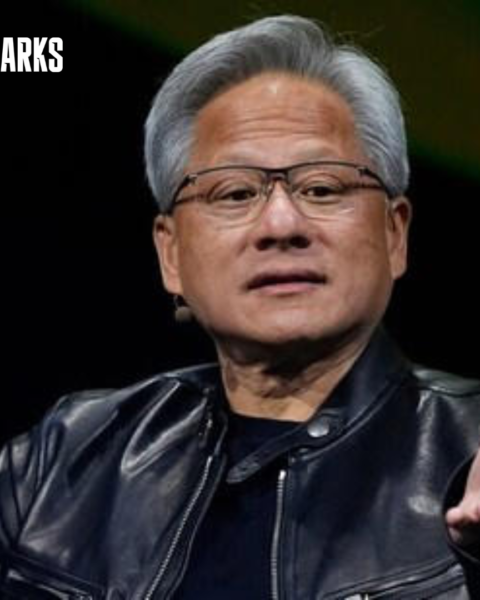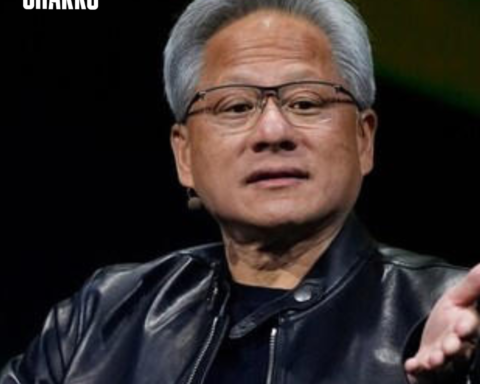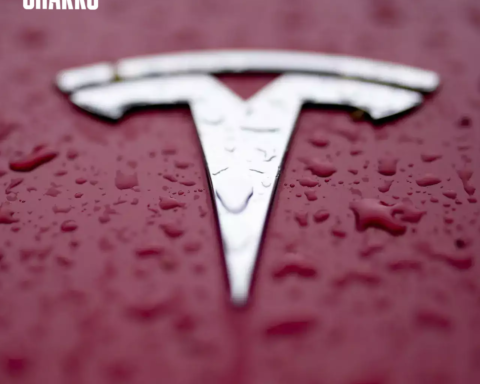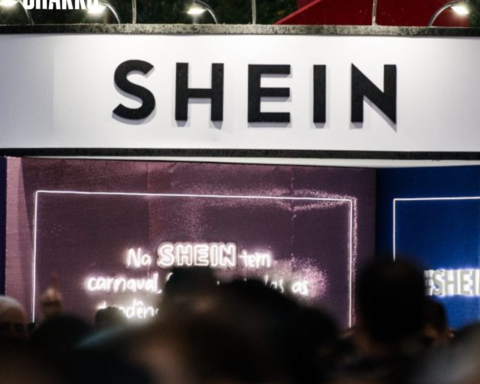China Urges Tech Giants to Buy Local AI Chips Over Nvidia

According to a report by The Information on Monday, Chinese officials have urged domestic tech giants to prioritize purchasing locally made AI chips instead of those from foreign companies like Nvidia.
This move targets major tech firms such as Alibaba, Baidu, ByteDance (the parent company of TikTok), and Tencent, which have been instructed to reduce their spending on Nvidia chips.
Balancing Local and Foreign Chip Purchases:
The directive asks these tech companies to buy equal amounts of locally-made and foreign AI chips for their new data centers. While the directive is not being strictly enforced, it remains unclear if non-compliant companies will face any penalties.
The Information reported that representatives from China’s National Development and Reform Commission, the Ministry of Industry and Information Technology, and the four tech giants did not respond to requests for comment. Nvidia also declined to comment on the matter.
Nvidia Strategic Response:
To comply with US sanctions, Nvidia has been actively developing specialized GPUs for the Chinese market, such as the H20, L20, and L2. China represents a significant market for Nvidia, accounting for 19% of its data center chip revenue in fiscal year 2023.
However, according to Nvidia CFO Colette Kress, US export restrictions have already reduced China’s revenue share for Nvidia to a “mid-single-digit percentage.”
Nvidia CEO Jensen Huang emphasized the importance of the Chinese market, noting that there is no alternative market of comparable scale. “If we are robbed of the Chinese market, we don’t have a contingency. There is no other China, only one China,” Huang told the Financial Times.
Geopolitical Challenges for Global Tech Companies:
Nvidia’s situation underscores the broader challenges faced by companies caught in the geopolitical tensions between the US and China. Apple, for instance, has been diversifying its supply chains away from China, investing nearly $16 billion in Vietnamese suppliers and ramping up iPhone production in India.
Jay Pelosky, founder of TPW Advisory, remarked on the evolving tech landscape, noting, “We are rapidly approaching what we call a ‘two tech stack divide,’ where in essence, each country, the US and China, are effectively walling off or ring-fencing their tech stacks from each other.”
Future Implications:
The Chinese government’s push for local AI chip adoption could significantly impact Nvidia’s business strategies and the broader tech industry dynamics.
As companies navigate these geopolitical headwinds, the global tech supply chain may see further segmentation and localized innovation efforts.
Share This
Tony Boyce is a seasoned journalist and editor at Sharks Magazine, where his expertise in business and startups journalism shines through his compelling storytelling and in-depth analysis. With 12 years of experience navigating the intricate world of entrepreneurship and business news, Tony has become a trusted voice for readers seeking insights into the latest trends, strategies, and success stories.




















